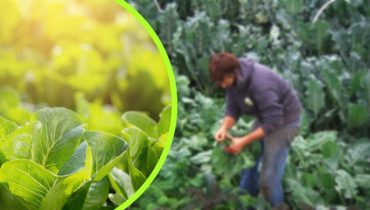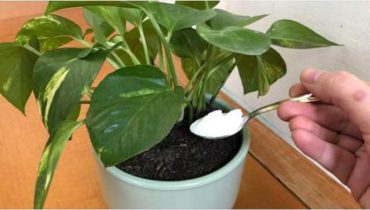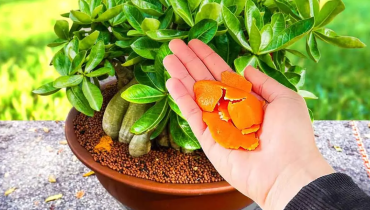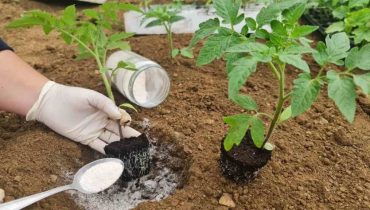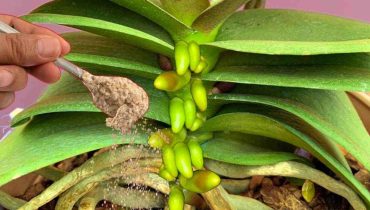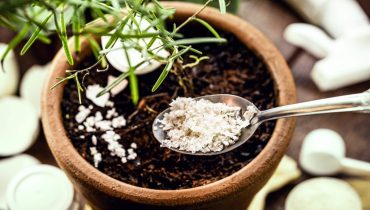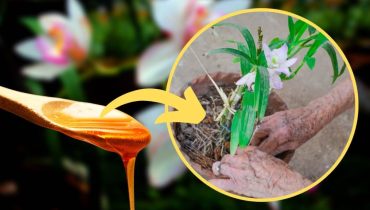This organic supplement will grow an avalanche of cucumbers and tomatoes

Posted October 20, 2023 by: Admin
Did you know that you can use a common ingredient to fertilize garden plants? It’s milk, a nutrient-rich ingredient that plants easily absorb, whether in pots or in open ground. You can use it as a replacement for chemicals to ensure your plants produce beautiful flowers and healthy, delicious fruits. Let’s discover how to use milk for plants and get a powerful organic supplement.
Milk is an excellent fertilizer for plants
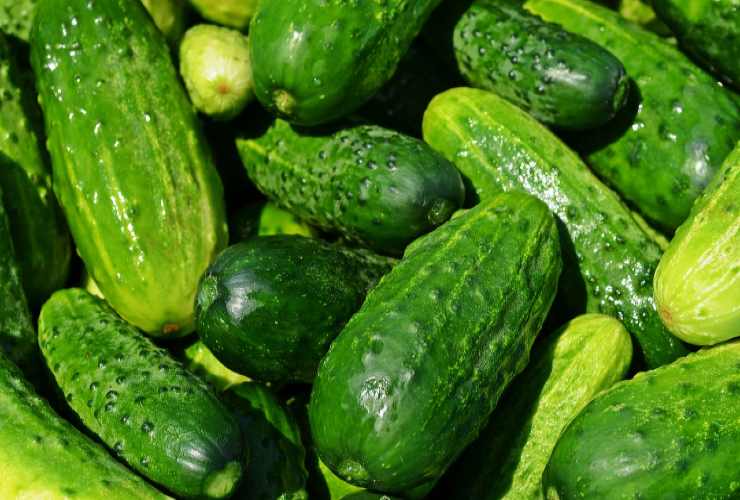
Using milk to feed your plants may seem strange, but it’s a valid and effective strategy to promote lush growth and achieve a bountiful harvest. Milk contains essential substances for the cultivation of cucumbers, tomatoes, and other vegetables, such as enzymes, amino acids, proteins, and natural sugars.
With milk, you can rejuvenate any plant and enrich the soil with nutrients. Furthermore, it’s a natural and cost-effective ingredient, without the chemicals found in the market. By using milk, you cultivate your plants in an eco-friendly and environmentally friendly manner.
How to use milk on plants
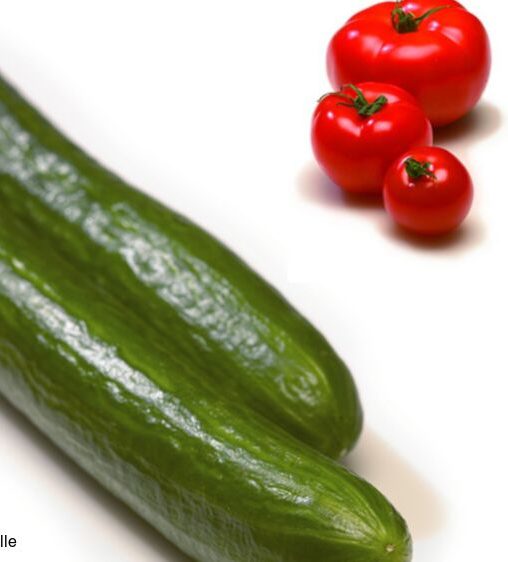
Using milk as a natural fertilizer for plants is simple, whether it’s whole or skim milk. If you choose pure milk, it’s recommended to dilute it in equal parts with water.
You can use raw or cooked milk, but make sure to let it cool beforehand. You also have the option to mix it with other ingredients to create an effective natural fertilizer. This allows you to give expired milk a second life instead of throwing it away.
The use of milk keeps plants healthy and protects them from pests. Diseases can threaten plant growth, so it’s essential to ensure their nutrition for healthy development.
When leaves turn yellow or light green, growth slows down, but by using milk, you can correct this phosphorus deficiency. Additionally, calcium is essential for nourishing the roots and maintaining green leaves. Milk and other ingredients are the best choice for bountiful harvests.
How to prepare an organic supplement for tomatoes and cucumbers
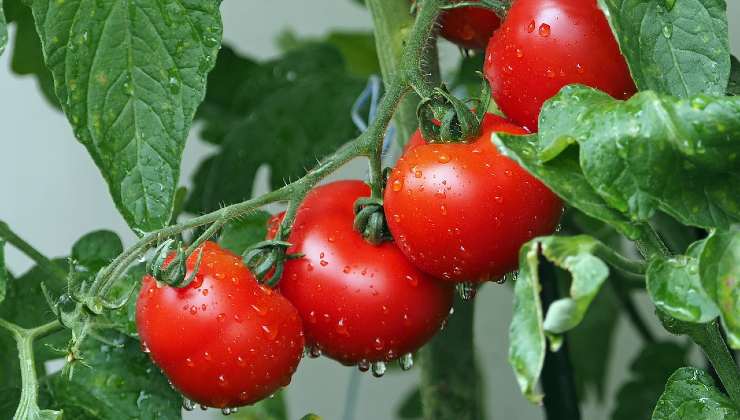
With milk, you can create a powerful and effective organic supplement to promote lush growth and the health of your plants. To enhance its effect, add mint, a source of manganese, copper, and potassium, ideal for repelling pests. You can also include three cloves of garlic, peel included, a healthy vegetable that boosts the immune system of plants and protects them from harmful insects.
After preparing the mixture, make sure to mix it well and filter it. Don’t throw away the remaining residues, as you can use them to fertilize the soil. Then, dilute the liquid obtained in 7 liters of water and spray it on the plants every two weeks, preferably in the early morning or late in the day. In case of plant infections, apply the fertilizer every 5 days. The remaining liquid can be stored in the refrigerator for 30 days. You can treat all vegetable plants with this powerful organic supplement to get abundant, healthy, and delicious fruits.

